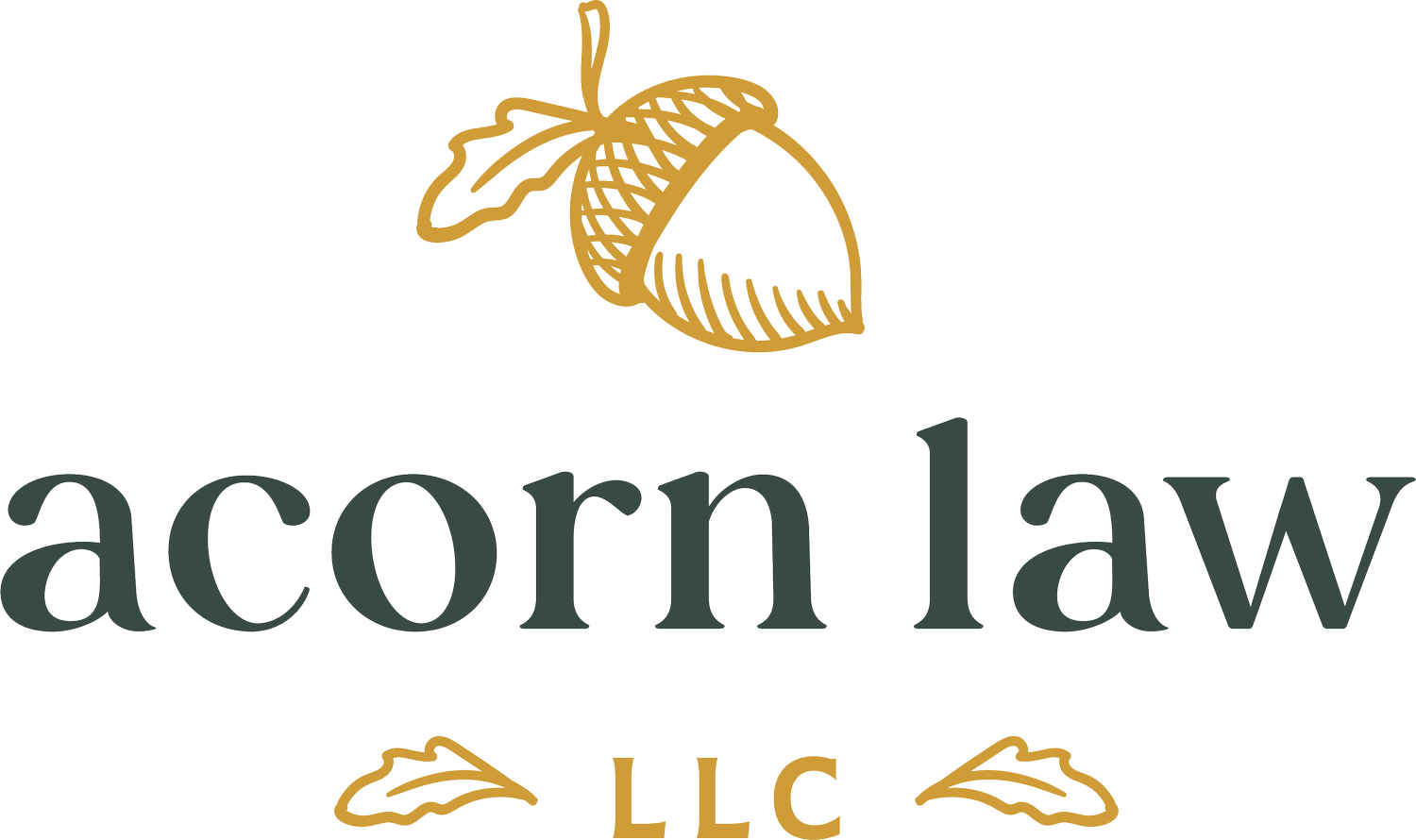Legacy Planning for Vacation Properties
Every summer, my family is lucky to spend time at our family cabin in upstate New York. Real estate is often part of what people want to hand down in their estate planning, but vacation properties (cabins, beach condos, ski homes, etc.) can be especially tricky. That’s why today, I’m sharing four tips for intergenerational planning for vacation homes:
Tip #1: Talk About It
Vacation properties are often a special place for family time and, because of that, people tend to have strong feelings about them. Don’t just assume that your loved ones all want to continue ownership of and responsibility for a vacation property. It’s a good idea to sit down to discuss each of your beneficiaries’ wishes before you do your estate planning for this property.
Tip #2: Take Precautions for Out of State Properties
If your vacation property is in another state from your primary residence, your loved ones could end up with probate in two states. This can be cumbersome and pricey, but can be avoided with strategies such as lacing the property in a trust.
Tip #3: Make a Plan for Joint Ownership
When real property is given to beneficiaries outright with rights to assign their interest, it only takes a generation or two for the number of owners to become overwhelming. I recently encountered an individual who owned a 1/16th share of a property along with many other family members. They had no provision for how decisions would be made or how day-to-day upkeep would be handled. This is a recipe for misunderstandings, hurt feelings, and ultimately - family feuds. It’s important for families to sit down before these decisions become urgent to discuss everyone’s preferences on things like:
Who will use the property when?
How will carrying costs (taxes, etc.) be handled?
Will there be an agreement about future buyout options?
Etc., etc.
These decisions can be memorialized in a number of ways. Some families opt to create a trust that includes language about how the property will be handled. Others opt to create an LLC and put details into the operating documents. Another option is simply to create a use and possession agreement.
Tip #4: Engage a Tax Professional
There are a number of potential tax implications involved with estate planning for a vacation home. A good strategy can help you weed through issues such as capital gains taxes, estate taxes, and exit taxes. It can be a lot to sort out and sometimes the tax implications of a particular strategy aren’t immediately apparent. Working with both an estate planning attorney and a tax professional is advisable.
Make an appointment today to discuss planning for your legacy property.

